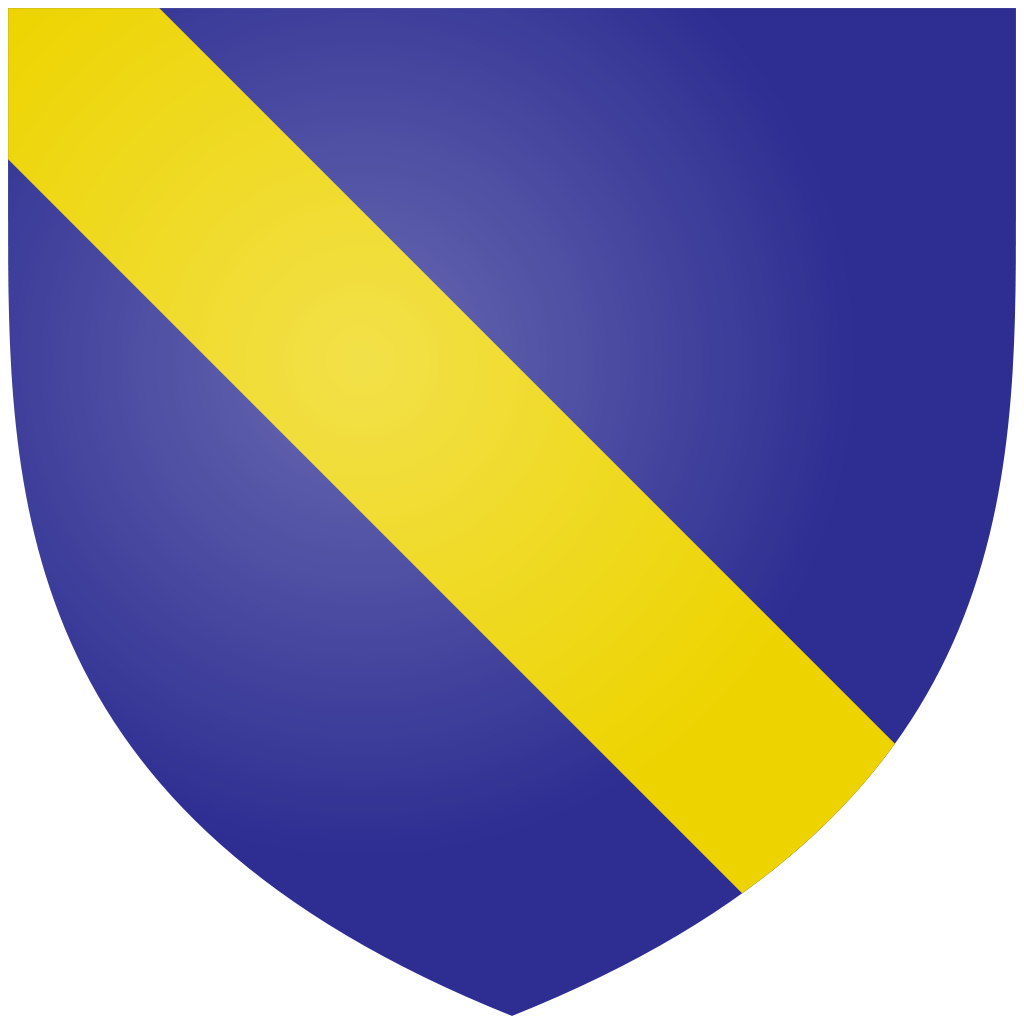Glossing as a Mode of Literary Production: Post-Modernism in the Middle Ages
Glossing as a Mode of Literary Production: Post-Modernism in the Middle Ages Watts, William Essays in Medeival Studies, vol. 8 (1991) Abstract If,…
The Nakid Text: Glosynge as Distortion
“The Nakid Text”: Glosynge as Distortion Goodman, Thomas A. Essays in Medieval Studies, vol. 5 (1988) Abstract In The English Church in the…
The Passive Poet: Amans as Narrator in Book 4 of the Confessio Amantis
The Passive Poet: Amans as Narrator in Book 4 of the Confessio Amantis Levin, Rozalyn Essays in Medieval Studies, vol. 3 (1986) Abstract…
Humor and Humor and Humor and Chaucer
Humor and Humor and Humor and Chaucer Graybill, Robert V. Essays in Medieval Studies, vol. 3 (1986) Abstract The dull are often overly…
Chaucer’s Inversion of Augustinian Rhetoric in the Pardoner’s Prologue and Tale
Chaucer’s Inversion of Augustinian Rhetoric in the Pardoner’s Prologue and Tale Hicks, James E. Essays in Medieval Studies, vol. 3 (1986) Abstract Coolidge…
The Yeoman Transmuted: An Evaluation of Penitence and Poetry
The Yeoman Transmuted: An Evaluation of Penitence and Poetry Schleicher, Frank N. Essays in Medieval Studies, vol. 3 (1986) Abstract The relative paucity…
The Three Worlds of Love in Troilus and Criseyde
The Three Worlds of Love in Troilus and Criseyde Lundberg, Patricia Lorimer Essays in Medieval Studies, vol. 3 (1996) Abstract Chaucer’ s Troilus…
Chaucer’s “The Miller’s Tale”: Exemplum of caritas
Chaucer’s “The Miller’s Tale”: Exemplum of caritas Graybill, Robert V. Essays in Medieval Studies, vol. 2 (1985) Abstract The medieval expression of caritas…
Chaucer’s Canterbury Tales: The Idea!
Chaucer’s Canterbury Tales: The Idea! Hill, John M. Essays in Medieval Studies, vol. 2 (1985) Abstract To review recent scholarship on the tales…
The Canterbury Tales as Compilatio
The Canterbury Tales as Compilatio Hinton, Norman D. Essays in Medieval Studies, vol. 1 (1984) Abstract Recent Chaucerian scholarship and criticism by Malcom…
Chaucer and the Early Church
Chaucer and the Early Church Kaiser, Melanie L. and Dean, James M. Medieval Forum, vol. 5 (2006) Abstract Although some Chaucerians have questioned…
Anger with God and Man: The Social Contexts of Melibee’s Anger
Anger with God and Man: The Social Contexts of Melibee’s Anger Griffith, John L. Medieval Forum, vol 3. (2003) Abstract Among modern critics,…
Description of the Warrener in the General Prologue and the Warrener’s Prologue and Tale
Description of the Warrener in the General Prologue and the Warrener’s Prologue and Tale Schragg , E.D. Medieval Forum, vol 1. (2002) Abstract…
Imperfect Heroes and the Consolations of Boethius: The Double Meaning of Suffering in Chaucer’s Knight’s Tale
Imperfect Heroes and the Consolations of Boethius: The Double Meaning of Suffering in Chaucer’s Knight’s Tale Camarda, Peter F. Medieval Forum, vol. 1 (2002)…
One-way Streets: Urban Geography and Anti-Semitism in Chaucer’s Prioress’s Tale
Set in an unnamed city in Asia, the narrative centres around a particuar pious seven-year old school boy who desires more than anything to praise Mary by learning the ‘Alma Redemptoris Mater’ by heart.
An Analysis of Geoffrey Chaucer’s Understanding of Medicine and its Influence on His Work
An Analysis of Geoffrey Chaucer’s Understanding of Medicine and its Influence on His Work By Krish Vigneswaran Vanderbilt Undergraduate Research Journal, Vol. 3 (2007)…
Mediaeval Medicine and Arcite’s Love Sickeness
Mediaeval Medicine and Arcite’s Love Sickeness By M. Ciavolella Florilegium, vol. 1 (1979) Introduction: In The Allegory of Love C. S. Lewis, commenting…
Saving the Appearances: Chaucer’s ‘Purse’ and the Fabrication of the Lancastrian Claim
Saving the Appearances: Chaucer’s ‘Purse’ and the Fabrication of the Lancastrian Claim By Paul Strohm Chapter 4 of Hochon’s Arrow: The Social Imagination…
Political Spaces: Medieval Marginalia and Chaucer’s Nun’s Priest’s Tale
Political Spaces: Medieval Marginalia and Chaucer’s Nun’s Priest’s Tale By Danielle Magnusson Paper given at Visual Literacies, 2nd Global Conference (2008) Abstract: Scholars acknowledge that…
Body politics: otherness and the representation of bodies in late medieval writings
Body politics: otherness and the representation of bodies in late medieval writings By Martin Blum Fuller PhD Dissertation, University of British Columbia, 1997 Abstract: This…
The Scrope and Grosvenor Controversy, 1385-1391
Caught at an event wearing the exact same outfit as someone else? Well, what if you wore the same coat of arms to a battle? In 1385, King Richard II of England invaded Scotland with his army. During this invasion, two of the king’s knights realized that they were using the same coat of arms.
‘Thanne Have I Gete of Yow Maistrie’: Power and the Subversive Body in Chaucer’s Wife of Bath
‘Thanne Have I Gete of Yow Maistrie’: Power and the Subversive Body in Chaucer’s Wife of Bath By Laura Alexander Hortulus: The Online Community…
‘Of Your Herte Up Casteth the Visage’: Turning Troilo/Troilus’s Eyes to God
‘Of Your Herte Up Casteth the Visage’: Turning Troilo/Troilus’s Eyes to God By Jenny Lee Hortulus: The Online Community for Graduate Students in…
From Text to Man: Re-Creating Chaucer in Sixteenth-Century Print Editions
From Text to Man: Re-Creating Chaucer in Sixteenth-Century Print Editions Bly, Siobhain Comitatus Vol.30 (1999) Introduction According to Seth Lerer, the moment when…
Truth, Translation, and the Troy Book Women
Truth, Translation, and the Troy Book Women Shutters, Lynne Comitatus Vol.32 (2001) Introduction When one thinks of the great writers of Middle English…
